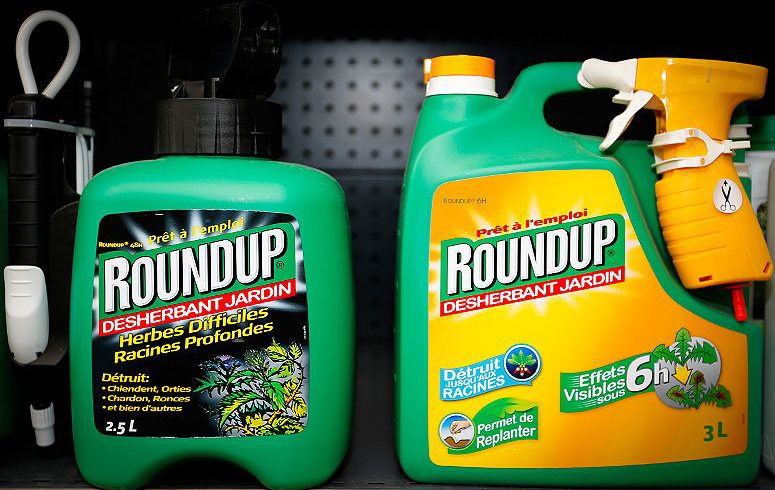
It may not rise to the level of your favorite binge-worthy TV show, but still, who would’ve thought the news surrounding the world’s most widely used chemical herbicide would turn into such a high-stakes drama?
The development is something of a cliffhanger, given that approval in the EU expires at the end of June. If the European Commission fails to reauthorize the weed killer, according to Reuters, that would trigger a six-month phase-out period for products containing the chemical across the EU’s 28 member states—a major blow to the agrochemical industry. At Monsanto, a $2.3 billion company, glyphosate-based products accounted for a third of total sales last year.
Related: How Much of the Most Common Weed Killer Are You Eating? The FDA Doesn’t Know
Yet just a couple days ago, the future of glyphosate seemed to appear markedly brighter. An analysis released jointly by the United Nations Food and Agricultural Organization and the World Health Organization found that glyphosate was “unlikely to pose a carcinogenic risk to humans from exposure through diet.” The timing of the release—two days before the now-delayed vote was scheduled—wasn’t the only thing that immediately raised suspicions among glyphosate skeptics.
Get ready for the bombshell—sort of. The professor who chaired the joint FAO-WHO meeting on glyphosate, Alan Boobis of Imperial College London, is also vice president of the International Life Sciences Institute Europe—which in 2012 received a $500,000 donation from none other than Monsanto and another $528,500 from CropLife International, an agrochemical industry front group.
Advocates campaigning for closer scrutiny of glyphosate, or even an outright ban, were quick to pounce. “There is a clear conflict of interest here if the review of the safety of glyphosate is carried out by scientists that directly get money from the industry,” Vito Buonsante, a lawyer for the U.K. environmental group ClientEarth, told The Guardian. “This study cannot in any way be reliably considered when deciding whether to approve glyphosate.”
For his part, Boobis issued what appears to be a rather lame defense, saying that he is not financially compensated for his work with ILSI.
Whether the revelation of Boobis’ industry ties and those of another member of the FAO-WHO panel was responsible for the delay of the EU vote is not clear. What’s almost certain, however, is that it will add fuel to the debate about the human health risks posed by glyphosate, which earlier in the year officially became, according to the Environmental Working Group, “the most widely and heavily applied weed-killer in the history of chemical agriculture in both the U.S. and globally.”
But last year, the International Agency for Research on Cancer, an arm of WHO, declared glyphosate a probable human carcinogen. This month, a report by the U.S. Environmental Protection Agency seemed to directly contradict the IARC by deeming the chemical “not likely to be carcinogenic to humans.” The EPA swiftly removed the report from the web just days after it appeared. The agency released a statement claiming its assessment was not final, though as Reutersreported, each one of the report’s 86 pages was marked “final.”
The EPA’s hedging would seem ominous to an increasingly pesticide-wary public finding out it may be consuming far more glyphosate than thought. While the U.S. Food and Drug Administration only just recently announced it would start testing for residues of the chemical on food, independent analyses have found glyphosate lurking in a slew of store-bought products, including organic eggs, oats, and beer.
As for glyphosate’s fate in the EU—or, for that matter, the U.S., where a movement to ban glyphosate is gaining momentum—well, we’ll just have to stay tuned.
Read more at www.takepart.com

Leave a Reply